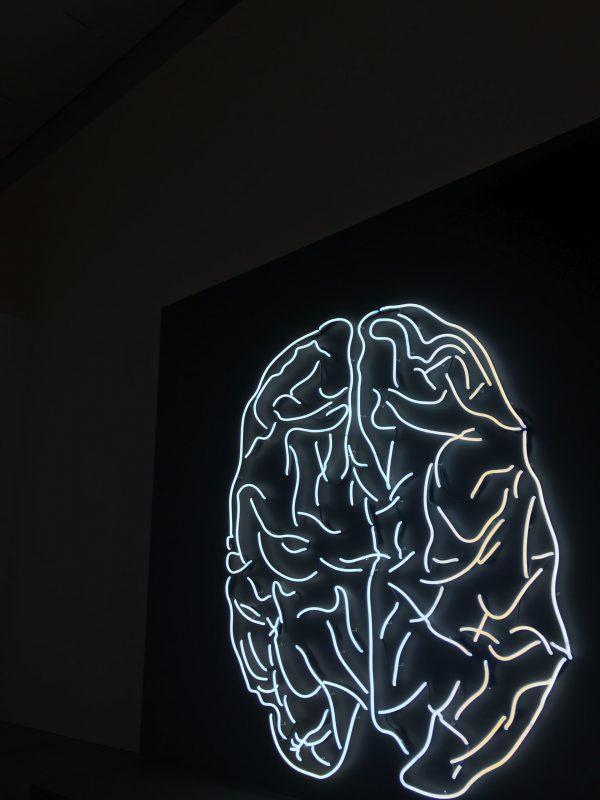Category Neuromyths
Neuromyths represent misconceptions about brain research that become part of educational canon. They are used by instructors to sort and label learners or to rationalize a “best practice”. Your OPTIONAL task for this topic is to choose one neuromyth to… Continue Reading →
The mindset myth actually seems to be growing in popularity, as even more “mindsets” continue to be added to the mix. These are examples of edu-jargon where the original theory dissipates into a variety of sub topics with very loose… Continue Reading →
We have been taught to accept that humans are not using their brains to their full potential. Popular culture reinforces this myth by portraying the idea that the use of certain drugs can help one tap into their full potential… Continue Reading →
As part of my early teaching years I worked in a school that included learning styles as part of their school-wide advisory program. We would work with the students to explore different styles and through directed activities and reflection the… Continue Reading →
Another way of categorizing learners has been by sorting people as either left-brained or right-brained, with right-brained people being more creative thinkers, and left-brained people defined as more logical thinkers. It is still common to hear this myth being presented… Continue Reading →
This myth has been used for decades to discourage the traditional lecture format of the factory model schools and encourage the move towards student-centred experiential learning. It continues to feature in current educator professional development as a guiding principle for… Continue Reading →





